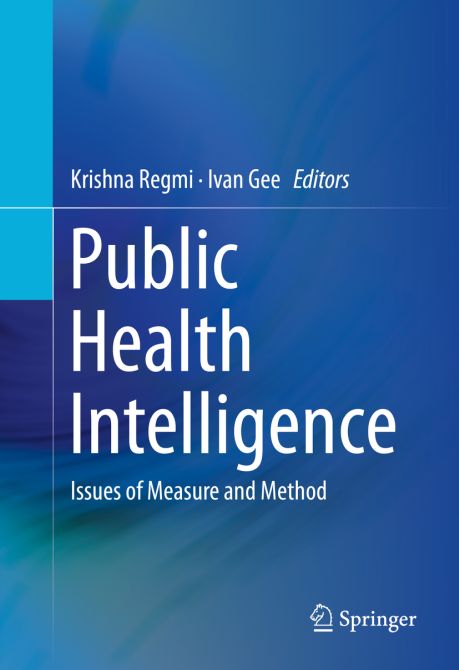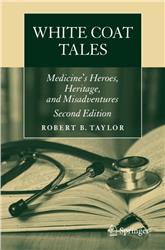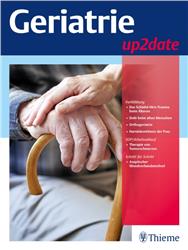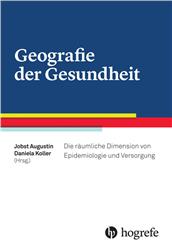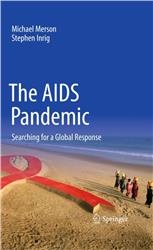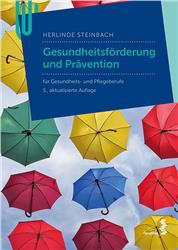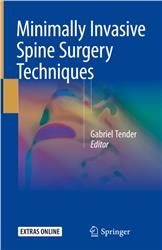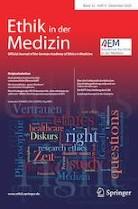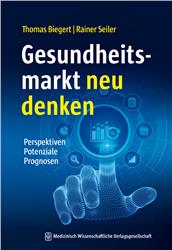Public Health Intelligence
Issues of Measure and Method
| Auflage | 2016 |
| Seiten | 243 p., 66 illus. |
| Verlag | Springer |
| ISBN | 9783319283241 |
| Artikel-Nr. | 614499 |
Lieferzeit ca. 5 Werktage
Produktbeschreibung
The first textbook on public health intelligence presents in depth the key concepts, methods, and objectives of this increasingly important competency. It systematically reviews types of evidence and data that comprise intelligence, effective techniques for assessment, analysis, and interpretation, and the role of this knowledge in quality health service delivery. The book’s learner-centered approach gives readers interactive context for mastering the processes of gathering and working with intelligence as well as its uses in informing public health decision-making. And its pragmatic framework will help establish standards for training, practice, and policy, leading to continued improvements in population health.
This path-breaking resource:
Offers a comprehensive, up-to-date introduction to public health intelligence, a core area of public health competency.
Is suitable for both graduates’ and healthcare professionals’ training and development for national and international contexts.
Helps readers apply theory to real-life scenarios, from multi-professional perspectives.
Features activities, case studies, and discussion tasks for easy reader engagement.
Anticipates and examines emerging developments in the field.
Public Health Intelligence - Issues of Measure and Method is bedrock reading for postgraduate and advanced undergraduate students in public health, global health, health policy, health service management, nursing, medicine, statistics, epidemiology, quantitative methods, health intelligence, health inequality, and other allied healthcare fields. It is also a salient text for public health practitioners and health policymakers.
"This book is a 'must-read' for students contemplating a career in Public Health or for anyone who is already in practice. The breadth of chapters from respected authors provide a detailed overview and critique of issues related to public health intelligence. A key strength of the book is that it is written with both students and practitioners in mind."
This path-breaking resource:
Offers a comprehensive, up-to-date introduction to public health intelligence, a core area of public health competency.
Is suitable for both graduates’ and healthcare professionals’ training and development for national and international contexts.
Helps readers apply theory to real-life scenarios, from multi-professional perspectives.
Features activities, case studies, and discussion tasks for easy reader engagement.
Anticipates and examines emerging developments in the field.
Public Health Intelligence - Issues of Measure and Method is bedrock reading for postgraduate and advanced undergraduate students in public health, global health, health policy, health service management, nursing, medicine, statistics, epidemiology, quantitative methods, health intelligence, health inequality, and other allied healthcare fields. It is also a salient text for public health practitioners and health policymakers.
"This book is a 'must-read' for students contemplating a career in Public Health or for anyone who is already in practice. The breadth of chapters from respected authors provide a detailed overview and critique of issues related to public health intelligence. A key strength of the book is that it is written with both students and practitioners in mind."

Bleiben Sie informiert!
Melden Sie sich für den frohberg.de-Newsletter an und nutzen Sie jetzt Ihre Vorteil:- Willkommens-Dankeschön: Beatmungsmaske Rescue Me
- Aktuelle Neuerscheinungen und Empfehlungen
- Exklusive Angebote und Kongress-Highlights
